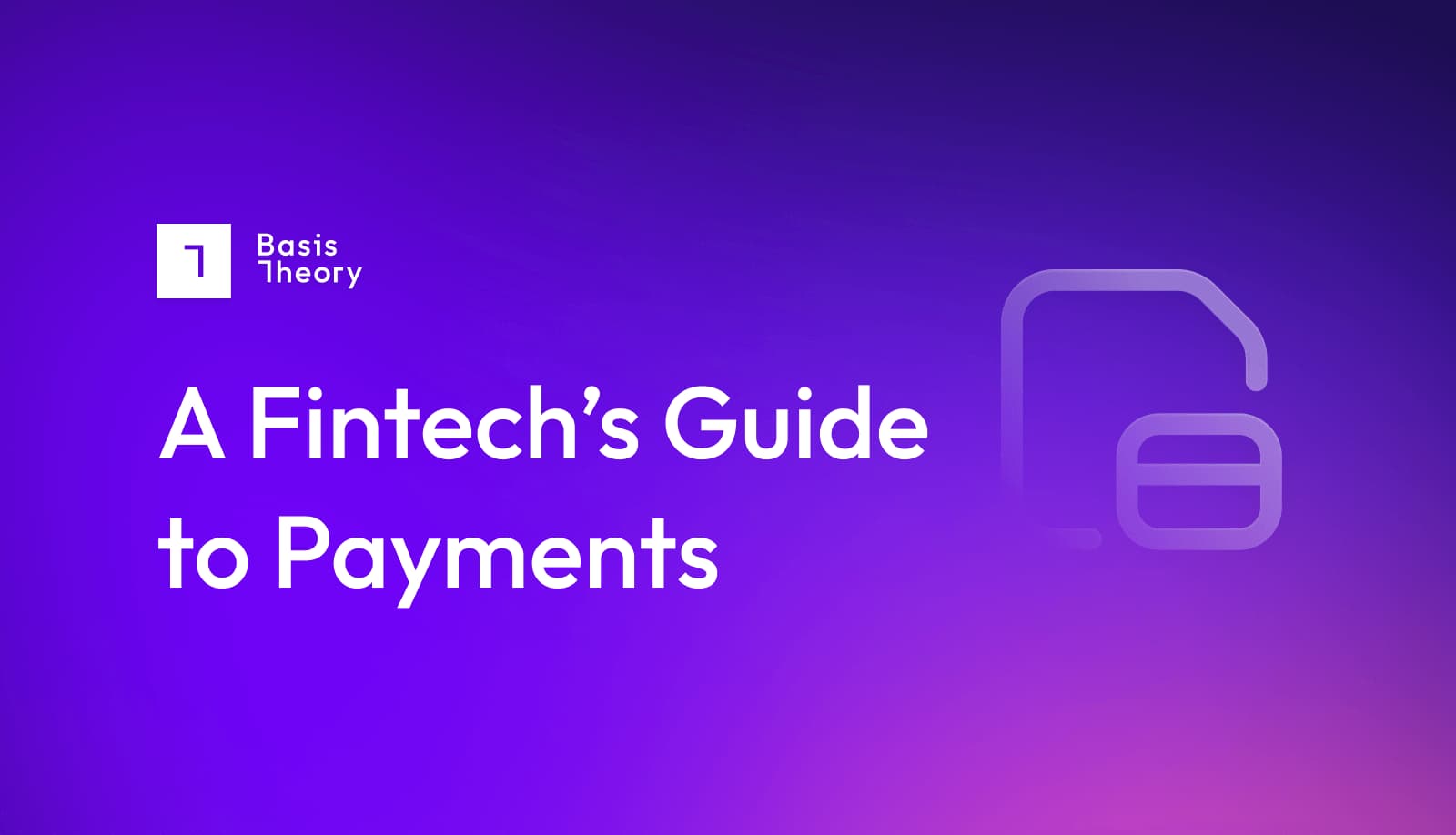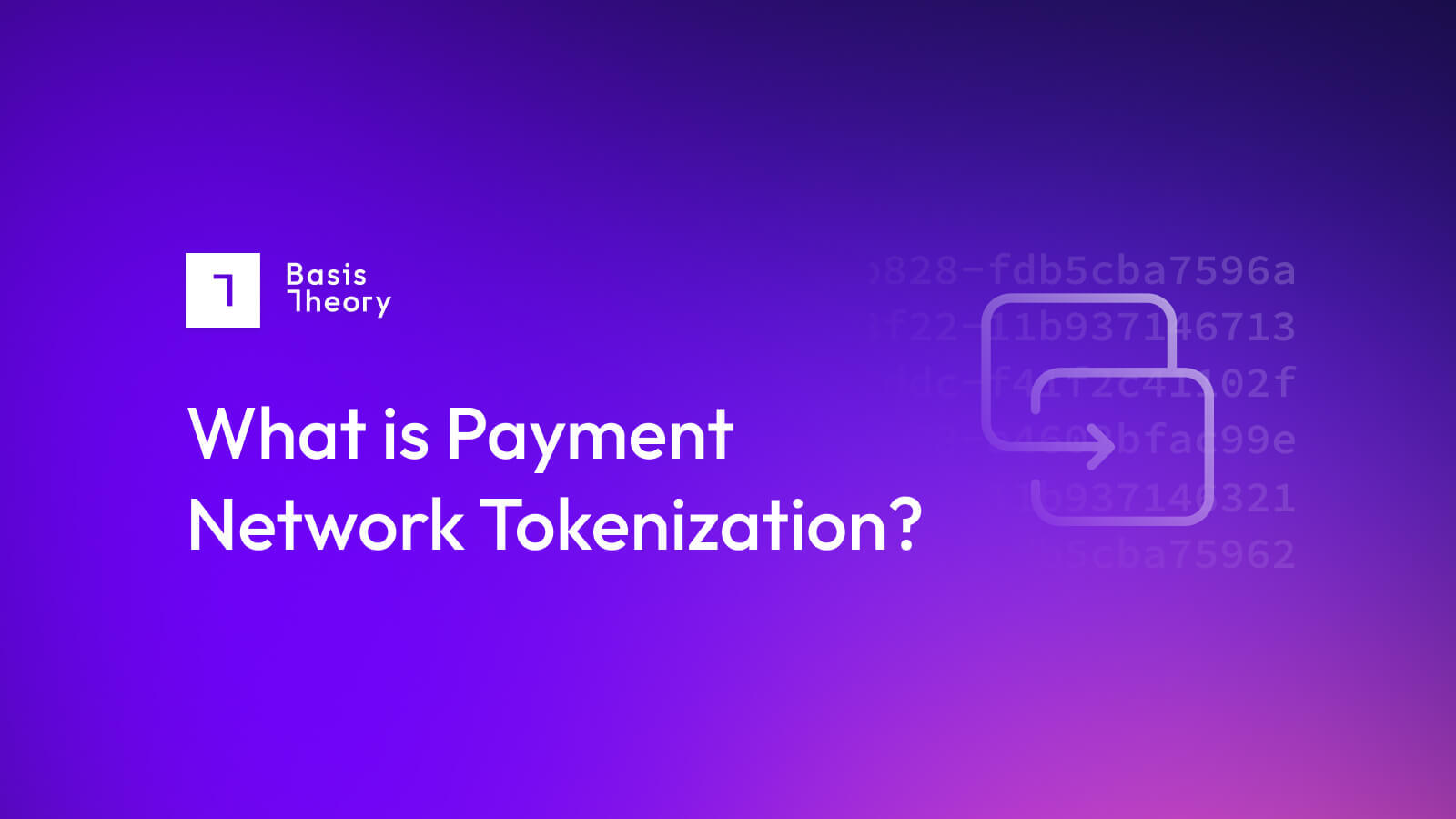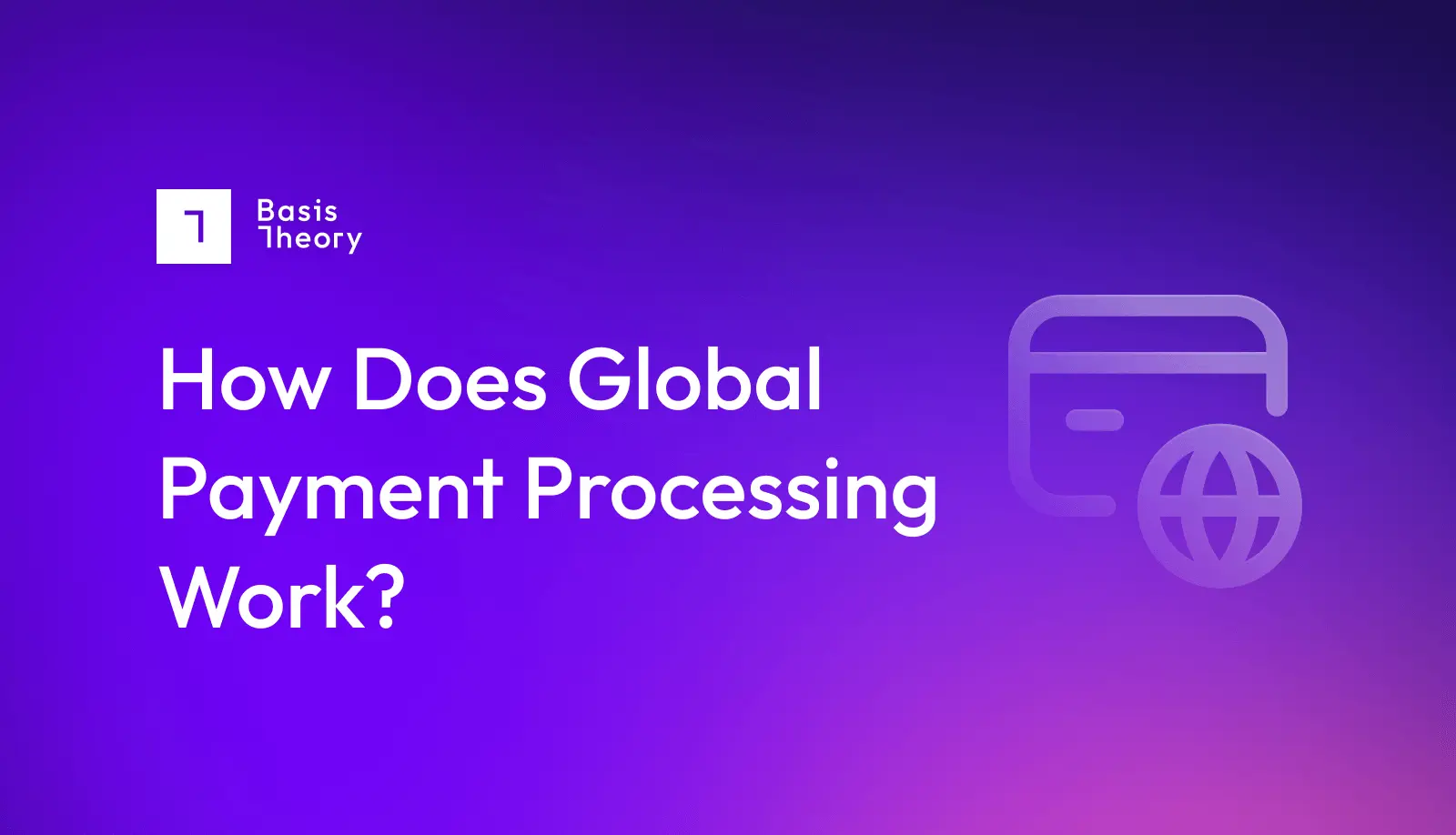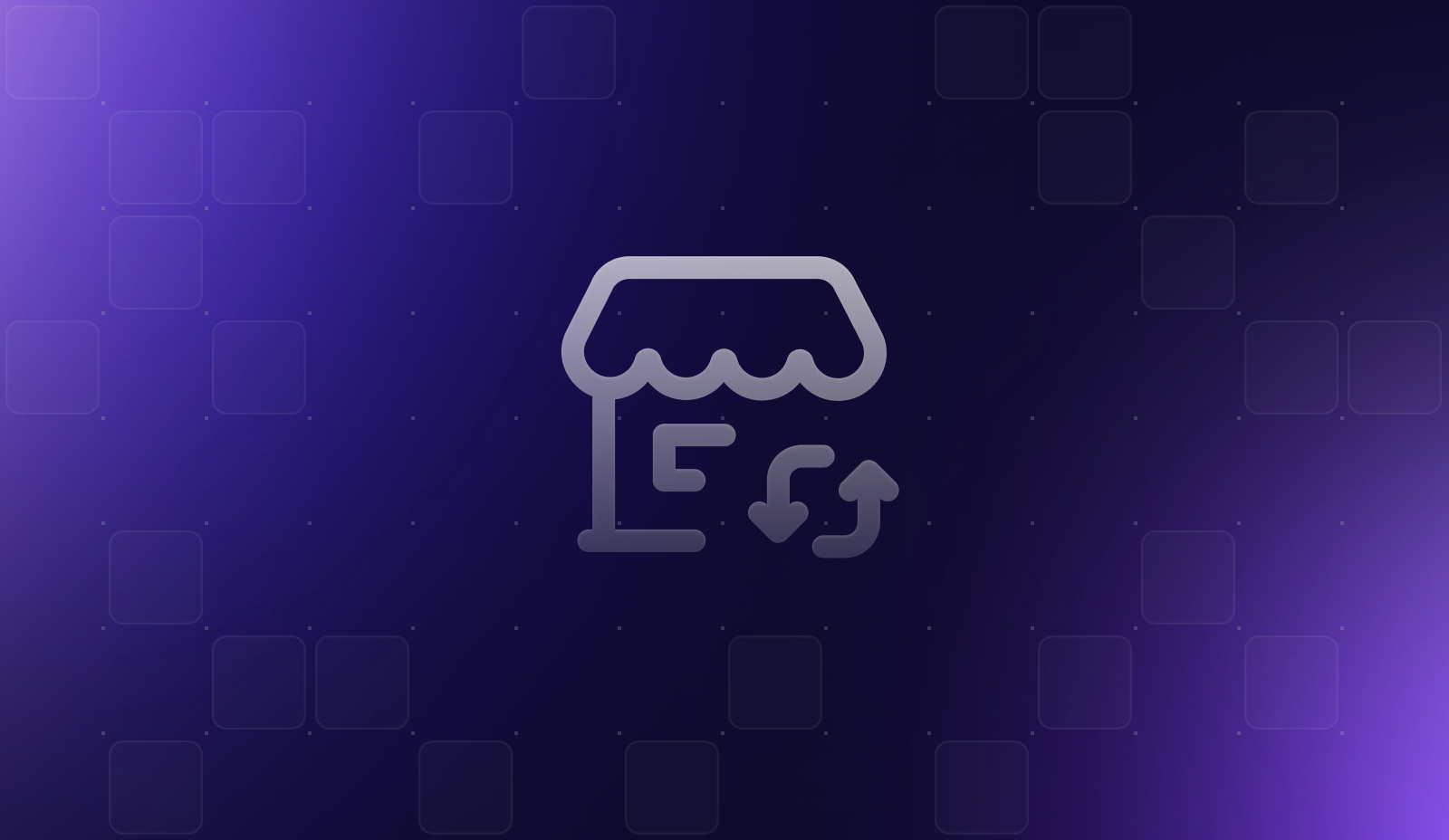5 Factors to Consider When Building a Fintech Payment Solution

Fintech encompasses technologies aiming to improve, simplify, or modernize financial services. Building a fintech payment solution, considering AI, agentic payments, and a host of new regulations, has been a catalyst for fintech companies continuing to grow, evolve, and expand.
Broadly speaking, fintechs can be broken down into subcategories, which include:
- Paytech: Payments Technology
- Lendtech: Alternative Lending Solutions
- Wealthtech: Wealth Management and Investing Technology
- Insurtech: Insurance Technology
- Blockchain & Cryptocurrency
- Regtech: Regulatory Technology
- PFM: Personal Finance Management
- Open Banking: APIs in Banking
By their very nature, fintechs seek to “disrupt.” The financial industry is one of the oldest industries, and many of the incumbents are centuries old and have archaic processes and systems. Compared to traditional financial institutions, fintechs are often smaller organizations—which can make them more innovative and nimble. This modular approach requires partners who move just as quick, can scale, and take security seriously—all at an affordable price.
These partners often have similar philosophies to their own and offer:
- Support for real-time or near-instant payments.
- Scalability and flexibility to support volume growth.
- Interoperability with multiple payment partners, usually via API.
- Strict data security and compliance.
Alternative and Emerging Payment Methods
Emerging and alternative payment methods like digital wallets, cryptocurrencies, and buy now, pay later (BNPL) are growing rapidly in acceptance and consumers’ desire to use.
Many full-service payment processors offer access to alternative payment methods, which can make it seem like a no-brainer to simply sign up once and get access to the full range. However, while they can make expanding the set of payment method options easier, they generally will not offer especially competitive transaction pricing, as they have standard pricing and fees across all payment methods.
High-risk payment processors, niche processors, and other processing innovators may offer emerging or local payment methods at more affordable rates. However, this may require working with several payment partners to process payments—a modular approach to building a payments stack compared to an all-in-one payment processor.
AI-Driven Fraud Detection
Because the battle against fraud will only grow as fraudsters continue to leverage AI to scam at scale, fraud detection tools are fighting fire with fire—that is, fighting AI with AI.
Today, AI-driven risk scoring and chargeback prevention services are building significant traction and catching some of the most sophisticated scammers. Pairing AI with a multi-processor strategy is a fundamental strategy to protecting against fraud, as a multi-level security system can ensure fintechs do not fall victim to scams.
Using different services allows companies to layer in more sophisticated checks and balances (like limiting the amount a consumer can commit on a single card) as required.
Tokenization
More retailers are investing in tokenization as a way of improving the checkout experience for its customers.
Tokenization is a process by which sensitive data is exchanged for a unique, but completely different, identifier that can then be securely stored and used in place of the sensitive data. In practical terms, this means that fintechs building secure, PCI-compliant payment systems can have customers’ payment details collected and stored by a third-party.
Generally speaking, fintechs have several options for tokenization, each with notable pros and cons: delivery by card networks, by PSPs, by third-party tokenization providers, or building a cardholder data environment internally.
Embedded Payments
Embedded payments are payments that seamlessly integrate into a platform or application. fintechs that offer financial services will often embed required services into their platform directly to create a nearly frictionless user experience. Embedded solutions that make this process easy for fintechs can save on time, development work, and maintenance costs. Many embedded payment solutions also come with a built-in ecosystem that can plug-and-play into dozens of integrations and partners.
Unbundling the Payment Stack
In an industry filled with trade secrets and complicated processes, Fintechs have historically held little control over how they would accept and process payments. By unbundling their payments stack—that is, by switching away from an all-in-one payment provider and instead piecing together a payment stack—organizations can hand-select the solutions and providers that best set them up for long-term success.
This comes without the added headache of vendor lock-in, bloated tech stacks, and “decent enough” solutions.
When choosing a payments partner for its solution, each fintech should consider several factors to ensure the provider is the right fit.
In order to ensure that a provider's services meet the true business need, organizations should, among other factors, consider the provider's:
- Expertise: Does the provider know your company’s unique payments needs?
- Experience: How much experience does the provider generally have and is it in the areas you need to leverage?
- Reputation: How well-regarded is this provider in the marketplace?
- Cost: Does the price work with your budget and business needs?
Remember, however, that PCI compliance is an ongoing process. The right provider at a single point in time may not be the right provider in the future. Continue to monitor your security environment and continue to assess which providers can help your organization as your business model and customer base grow.
If you are interested in a fully programmable vault that helps you create engaging commerce flows, connect with any partner, effortlessly manage compliance, and keep control of your payments data, contact us.
.png?width=365&height=122&name=BTLogo%20(1).png)



